Become an RCMP Officer: Essential Guide & Tips
Welcome to my guide on how to become an RCMP officer in Canada. If you’ve always dreamed of a career in law enforcement and want to make a difference in your community, the Royal Canadian Mounted Police (RCMP) offers an exciting opportunity. However, before you embark on this path, it’s essential to understand the requirements and the application process. Let me provide you with all the information you need to start your journey as an RCMP officer.
Key Takeaways
- There are specific requirements and a rigorous application process to become an RCMP officer in Canada.
- Minimum requirements include Canadian citizenship or permanent residency, a high school diploma or equivalent, good health and physical abilities, and a good character.
- Potential disqualifiers for a policing career include language fluency, poor physical condition, failure to meet psychological examination requirements, unwillingness to work shift schedules, and certain medical conditions.
- There are several myths surrounding RCMP officer requirements, such as the belief that fluency in both English and French is required and the misconception that there are height requirements.
- The application process involves completing various forms, including the Regular Member Applicant Questionnaire and suitability screening forms.
Minimum Requirements for Police Officer Applicants
To be eligible for the application process of becoming an RCMP officer, you must meet several minimum requirements:
- Must be a Canadian citizen or a permanent resident.
- Must have proficiency in English and/or French.
- Must possess a Canadian high school diploma or its equivalent.
- Must maintain good health and meet the vision and hearing standards set by the RCMP.
- Must possess the necessary level of physical abilities required for the role.
- Must have a good character with no criminal convictions or pending charges.
Please note that each police force may have additional requirements. For example, the RCMP requires permanent resident applicants to have resided in Canada for the last 10 years.
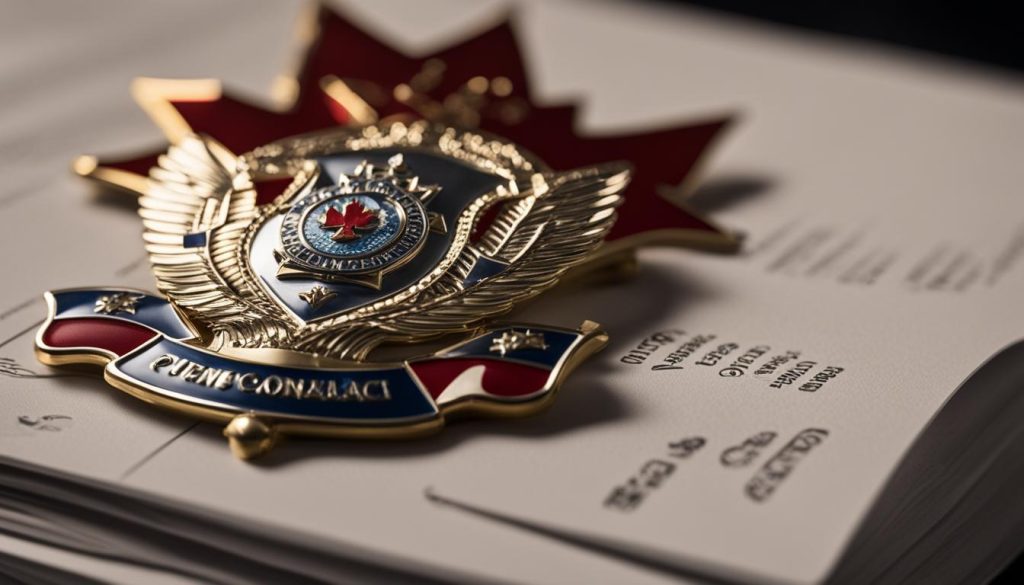
| Requirement | Details |
|---|---|
| Canadian Citizenship or Permanent Residency | Applicants must either be Canadian citizens or permanent residents. |
| Language Proficiency | Proficiency in English and/or French is required. |
| Education | Applicants must possess a Canadian high school diploma or its equivalent. |
| Health | Applicants must maintain good health and meet the vision and hearing standards set by the RCMP. |
| Physical Abilities | Applicants must possess the necessary level of physical abilities required for the role. |
| Character | Applicants must have a good character with no criminal convictions or pending charges. |
Potential Disqualifiers for A Policing Career in Canada
As an aspiring RCMP officer, there are several potential disqualifiers that you should be aware of that could affect your application. It is essential to understand these factors to ensure a successful application process. The following are some of the disqualifications you should consider:
- Lack of Language Fluency: Fluency in either English or French is crucial for a policing career in Canada. As an RCMP officer, you will be required to communicate effectively with the public, colleagues, and perpetrators. Therefore, being able to speak, read, and write in one of the official languages fluently is a mandatory requirement.
- Poor Physical Condition: RCMP officers must be physically fit to perform their duties effectively. The job often requires physical strength, agility, and endurance. If you are not in good physical condition or unable to meet the physical abilities required for the role, it may result in disqualification.
- Psychological Examination: As part of the application process, candidates are required to undergo psychological examinations to determine their suitability for a career in policing. Failure to meet the minimum requirements of these examinations may lead to disqualification.
- Unwillingness to Work Shift Schedules: Policing is a demanding profession that often requires working irregular hours, including nights, weekends, and holidays. If you are unwilling or unable to commit to a shift schedule, it may impact your application.
- Medical Conditions: Certain medical conditions or disabilities may disqualify individuals from becoming RCMP officers. This is to ensure that officers are physically capable of performing their duties safely and efficiently without compromising their own well-being or that of others.
Please note that these disqualifications may vary among different police agencies. It is important to thoroughly review the specific requirements of the RCMP and consult official sources for accurate and up-to-date information.
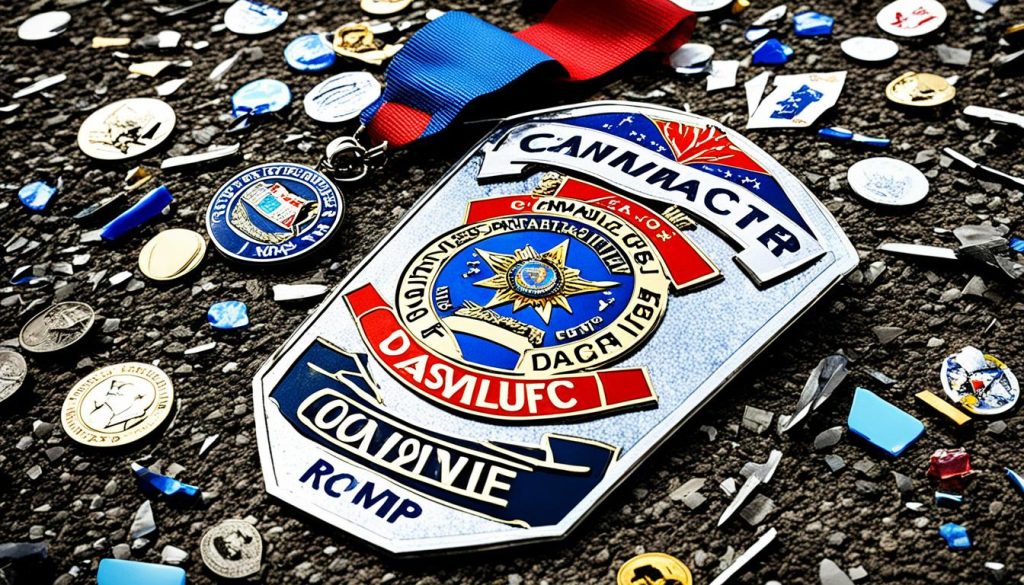
| Disqualifiers | Impact on Application |
|---|---|
| Lack of Language Fluency | Immediate disqualification. |
| Poor Physical Condition | May lead to disqualification. |
| Psychological Examination | Failure to meet minimum requirements may result in disqualification. |
| Unwillingness to Work Shift Schedules | May impact application negatively. |
| Medical Conditions | Depending on the condition, it may disqualify an applicant. |
It is essential to prepare yourself physically, mentally, and emotionally before pursuing a career as an RCMP officer. By understanding and addressing these potential disqualifiers, you can increase your chances of success in the application process.
Myths About Police Career Requirements
When it comes to pursuing a career as an RCMP officer, there are several myths and misconceptions that often circulate. Let’s debunk some of these common misconceptions:
- Language fluency: One myth is that fluency in both English and French is required. However, the ability to communicate effectively in either English or French is sufficient.
- Height requirements: Contrary to popular belief, there are no specific height requirements to become an RCMP officer. The focus is on meeting the physical abilities necessary for the job.
- Athletic build: While being physically fit is important, there is no specific requirement for an athletic build. The RCMP seeks individuals who can meet the physical demands of the role.
- Age limitations: Another myth is that there is an age limit to become an RCMP officer. In reality, as long as you meet the other requirements, there is no age limit to apply.
- Criminology degree: While a degree in Criminology or a related field can be beneficial, it is not a mandatory requirement to join the RCMP. The focus is on the overall qualifications of the applicant.
- Canadian citizenship: Permanent residents of Canada are eligible to apply for a career as an RCMP officer. Canadian citizenship is not an absolute requirement.
- Past drug use: Having a history of past drug use does not automatically disqualify an applicant. The RCMP considers various factors, including the type and recency of drug use, during the application process.
It is important to separate fact from fiction when considering a career as an RCMP officer. Now, let’s explore the application process in more detail.
Application Process for Police Officer Candidates
Applying to become an RCMP officer involves a thorough application process that requires the completion of various forms. These forms play a crucial role in evaluating an applicant’s honesty, integrity, and ethics.
There are several forms that you will need to fill out as part of the application process:
- Regular Member Applicant Questionnaire (RMAQ): This form gathers detailed information about your personal history, education, employment, and references. It is essential to provide accurate and complete information to facilitate the screening process.
- Suitability Screening Form: This form assesses your suitability for a career as an RCMP officer. It includes questions about your background, criminal history, driving record, and financial stability.
- Friends and Associates Suitability Screening: This form requires you to provide information about your friends, family members, and associates. It is important to disclose all relevant details to ensure a comprehensive evaluation of your character.
To ensure efficient processing, it is recommended to fill out these forms electronically. However, handwritten signatures are required on certain documents, so be sure to follow the instructions provided.
Application Forms for RCMP Officer Application:
| Form Name | Description |
|---|---|
| RCMP 5096 | Regular Member Applicant Questionnaire (RMAQ) |
| RCMP 1980 | Suitability Screening Form |
| RCMP 3165 | Friends and Associates Suitability Screening |
| RCMP 6465 | Form for Handwritten Signatures |
Completing these forms accurately and thoroughly is crucial to the success of your application. Any inconsistencies or omissions may delay the processing of your application or even result in disqualification. Take the time to review your responses and ensure they reflect your true qualifications and character.
Physical Ability Test for RCMP Officers
As part of the application process to become an RCMP officer, candidates must successfully complete the Physical Abilities Requirement Evaluation (PARE). This physical fitness test is designed to assess an applicant’s physical capabilities and ensure they meet the physical abilities requirement for entering the RCMP training program.
The PARE consists of a series of tasks that test an individual’s endurance, strength, and overall physical fitness. These tasks include running laps, pushing and pulling weights, and carrying heavy loads. The test is challenging and requires participants to demonstrate their physical prowess and stamina.
Successful completion of the PARE is essential for progressing in the RCMP training program. It is a critical step in ensuring that candidates have the physical aptitude necessary to handle the demands of a career as an RCMP officer, which can include strenuous physical activity, long hours, and potentially high-pressure situations.
Undertaking regular physical exercise and training in preparation for the PARE is highly recommended. This can help candidates improve their overall fitness levels, increase endurance, and build strength in the specific areas targeted by the test. It is important to note that the physical abilities requirement evaluation is just one part of the comprehensive assessment process conducted by the RCMP to ensure fitness for duty.
Sample PARE Test Tasks:
| Task | Description |
|---|---|
| Lap Run | Run a specified distance (507 meters for men and 450 meters for women) within a designated time limit. This task measures cardiovascular endurance. |
| Push and Pull | Push and pull a weighted sled over a distance of 6 meters while maintaining balance and control. This task assesses upper body strength and coordination. |
| Carry | Carry two weighted bags for a distance of 20 meters, alternating between hands. This task evaluates grip strength and overall body strength. |
It is important to note that specific requirements and scoring criteria for the PARE may vary slightly depending on location and jurisdiction. Candidates should refer to official RCMP resources and guidelines for the most accurate and up-to-date information regarding the physical ability test.
Successfully meeting the physical abilities requirement evaluation is an important milestone on the path to becoming an RCMP officer. It demonstrates an individual’s commitment to physical fitness and their ability to meet the demands of the job. Combined with other critical assessments, such as psychological and character evaluations, the PARE helps ensure that only the most qualified individuals are selected to join the ranks of the RCMP.
RCMP Training Program and Career Path
Once you have successfully completed the rigorous application process, your journey as an RCMP officer begins with training at the renowned RCMP Academy in Regina, Saskatchewan. This comprehensive training program equips individuals with the necessary skills and knowledge to embark on a fulfilling career in law enforcement.
At the RCMP Academy, you will undergo extensive training in various areas to ensure you are well-prepared for the challenges ahead. These include:
- Firearms training: Learn how to safely and effectively handle firearms, acquiring the skills needed to protect yourself and the public.
- Investigative techniques: Gain a deep understanding of investigative methods and learn how to gather evidence and analyze crime scenes.
- Community policing: Explore the importance of building strong relationships with the community and learn how to effectively engage and address community needs.
Upon graduation from the academy, you will be assigned to a detachment where you will begin your career as an RCMP officer. The RCMP offers a wide range of career paths, allowing you to specialize in areas that align with your interests and skills. Some potential career paths within the RCMP include:
- General Duty Policing: Serve as the frontline of law enforcement, responding to calls, conducting investigations, and ensuring public safety.
- Major Crimes Unit: Specialize in investigating complex and high-profile crimes, working closely with other law enforcement agencies.
- Forensic Identification Services: Utilize your attention to detail and scientific expertise to analyze and process evidence at crime scenes.
As an RCMP officer, you will be compensated with a competitive salary and benefits package. The salary ranges from approximately $53,000 to $86,110 per year, depending on rank and years of service. In addition to salary, RCMP officers receive health benefits, pension plans, and opportunities for career advancement.
| Rank | Starting Salary | Maximum Salary |
|---|---|---|
| Constable | $53,144 | $86,110 |
| Corporal | $78,138 | $87,346 |
| Sergeant | $90,842 | $110,966 |
| Staff Sergeant | $106,758 | $116,593 |
| Inspector | $123,100 | $168,615 |
Additional Resources and Support for RCMP Officers
As an aspiring RCMP officer, you can take advantage of the additional resources and support offered by the RCMP to enhance your career in law enforcement.
The RCMP actively recruits individuals through various recruitment programs, encouraging talent from diverse backgrounds to join the force. These programs provide valuable guidance and information for individuals interested in pursuing a career in the RCMP. Through dedicated recruitment initiatives, you can learn more about the requirements, application process, and the opportunities available to you.
Once you become an RCMP officer, you will have access to a range of support services. These support services are designed to address the specific needs of officers and provide assistance in various areas. For example, victim services are available to help victims of crime navigate the justice system, providing them with emotional support, information, and resources. These services play a crucial role in supporting officers in their interactions with victims and promoting a safe and supportive environment.
Furthermore, the RCMP offers abundant career opportunities for advancement. With a commitment to professional development, the RCMP provides avenues for officers to grow and excel in their careers. From specialized units to leadership positions, there are various paths to explore within the RCMP. Additionally, volunteer opportunities are available, allowing officers to engage with the community and make a positive impact outside of their regular duties.
- The Role of Police in Community Safety & Unity - October 6, 2025
- Quebec Police Officer Salary Insights 2023 - July 13, 2025
- Canada Arrest Protocol: What Police Say Upon Arrest - June 12, 2025
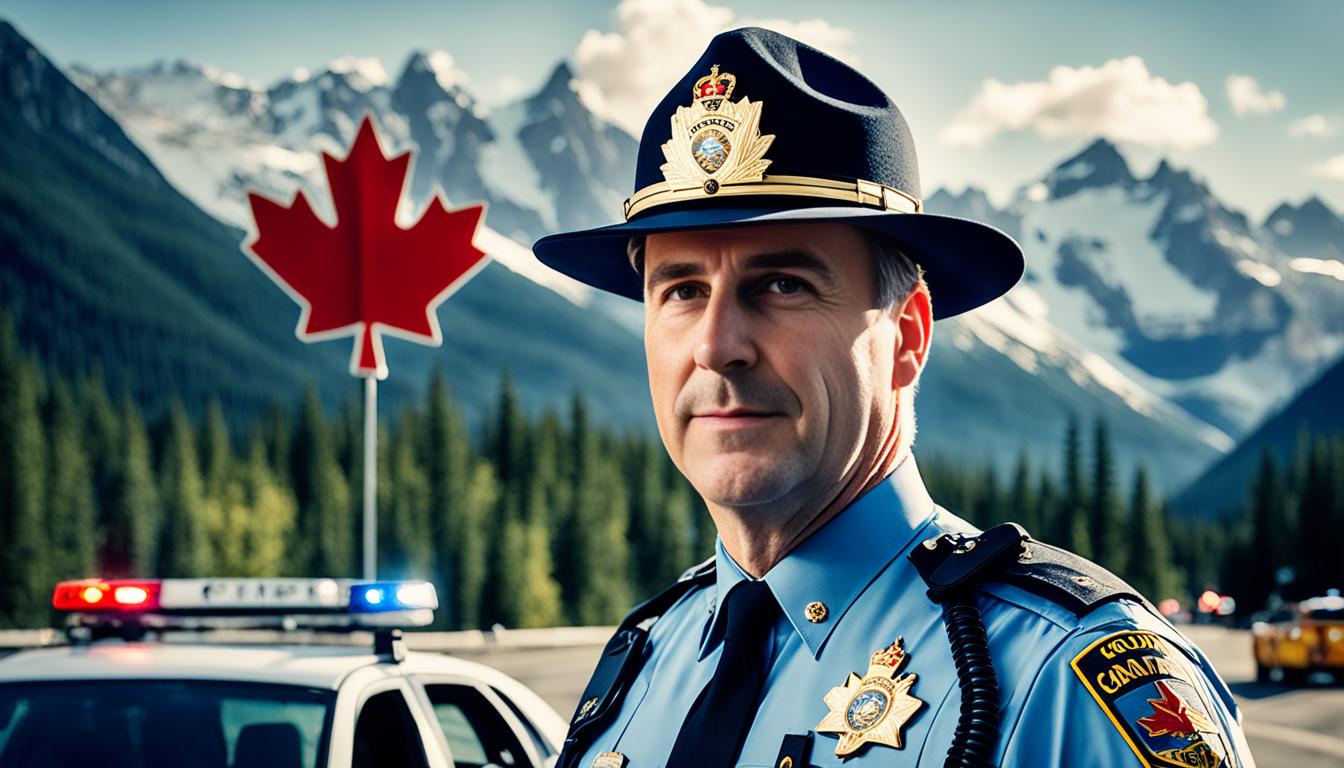
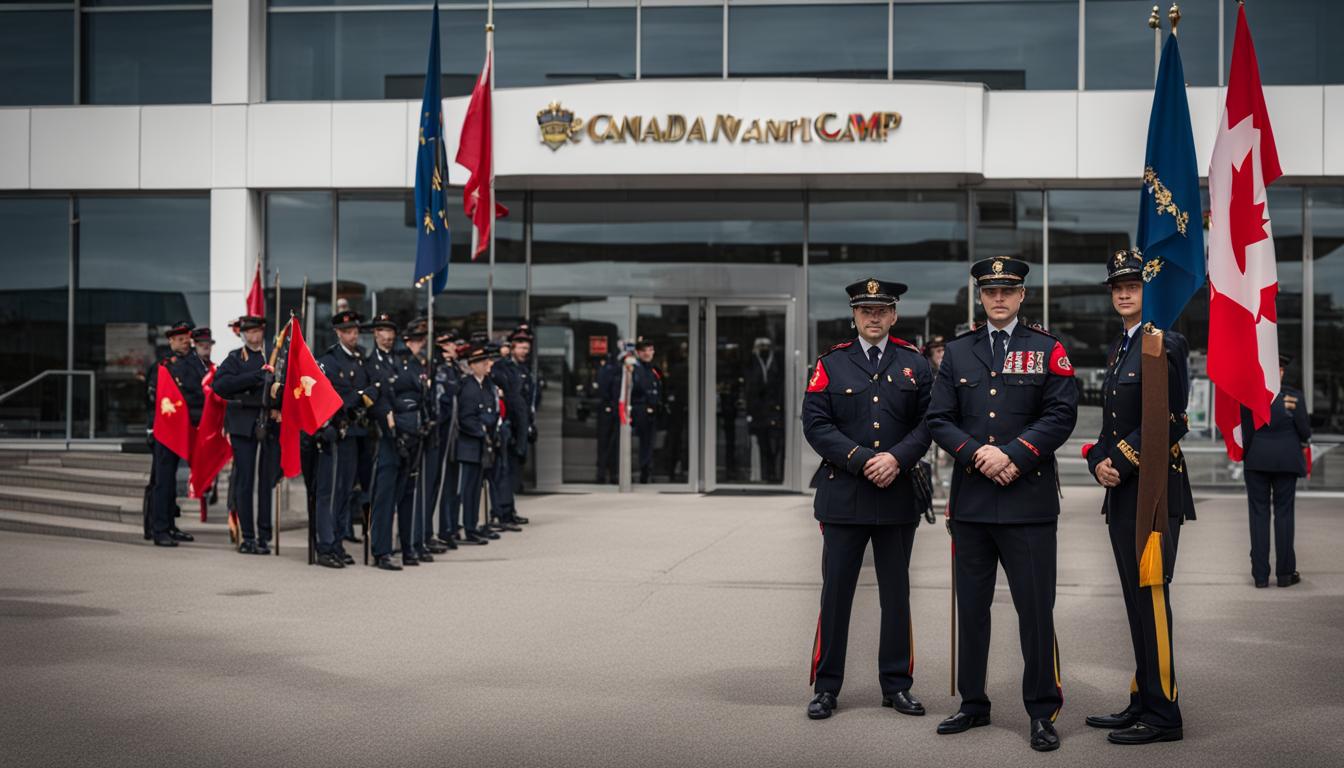
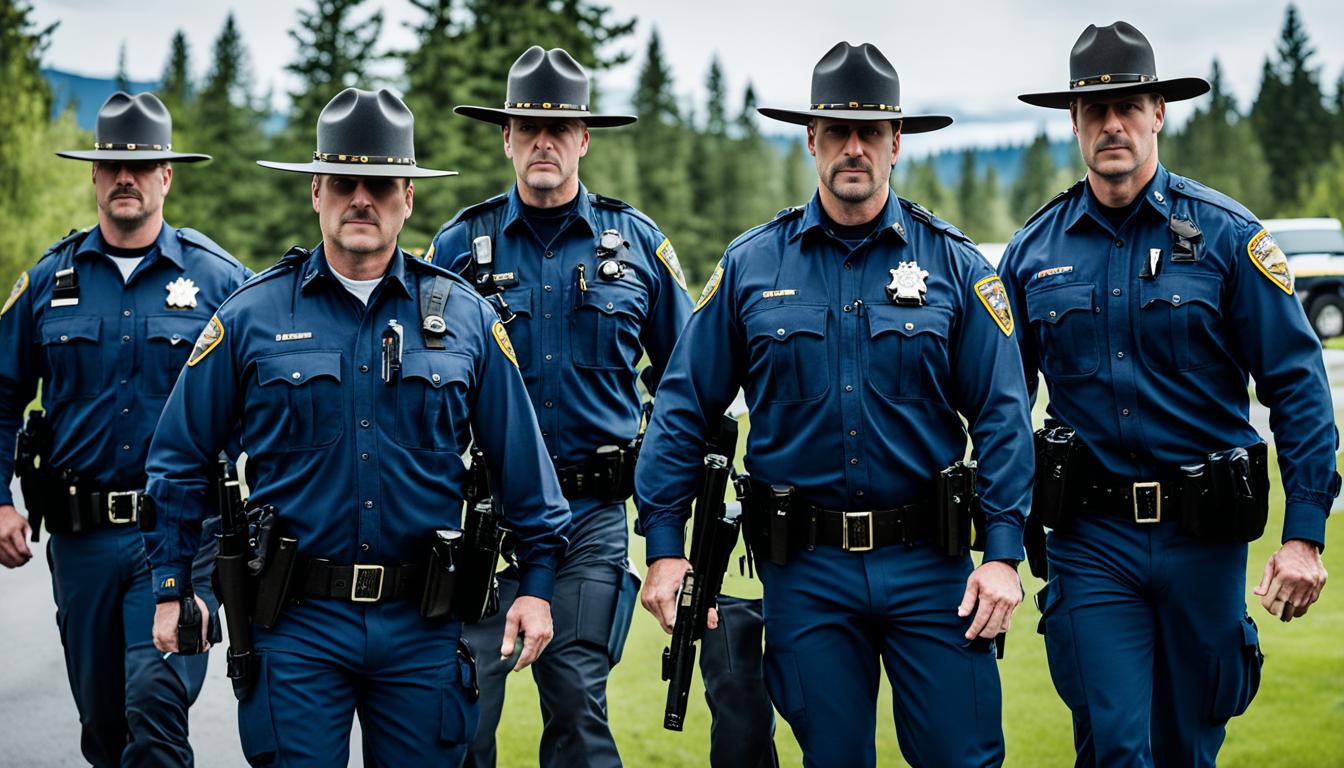
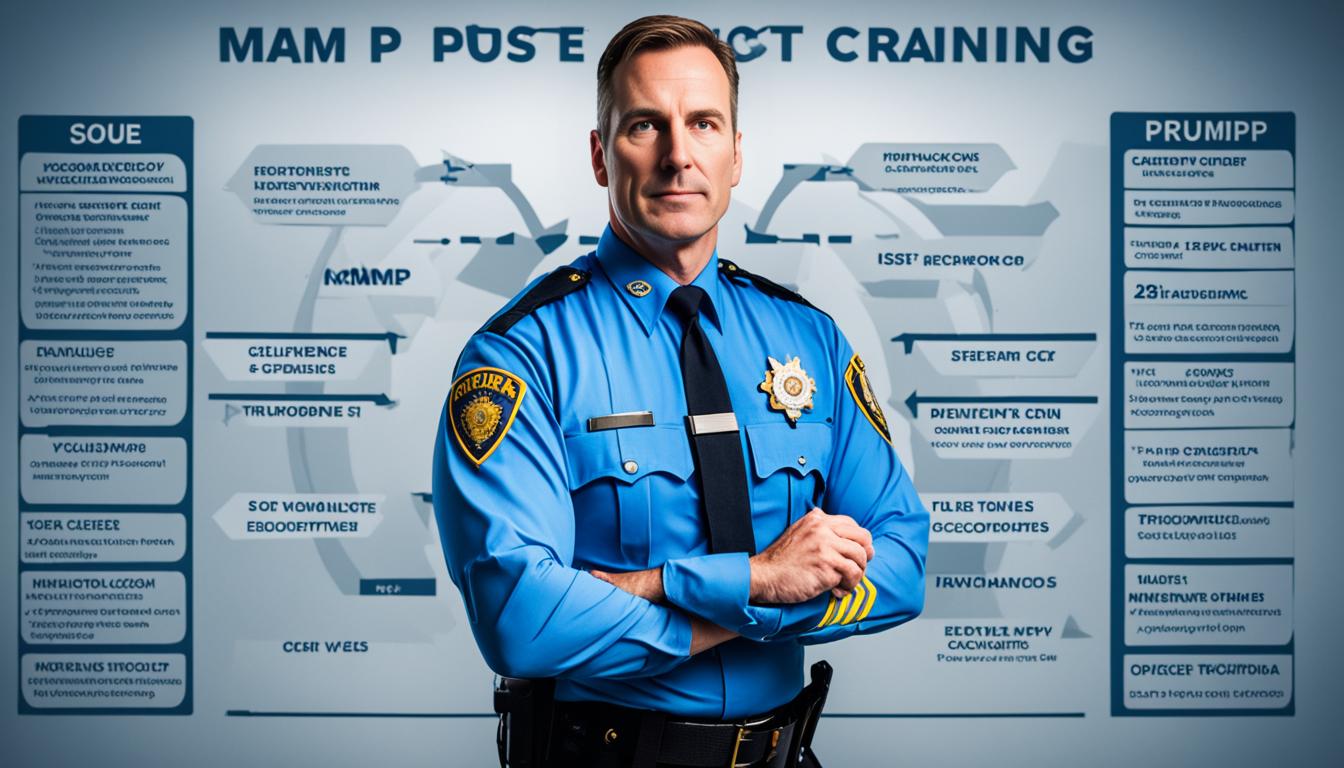
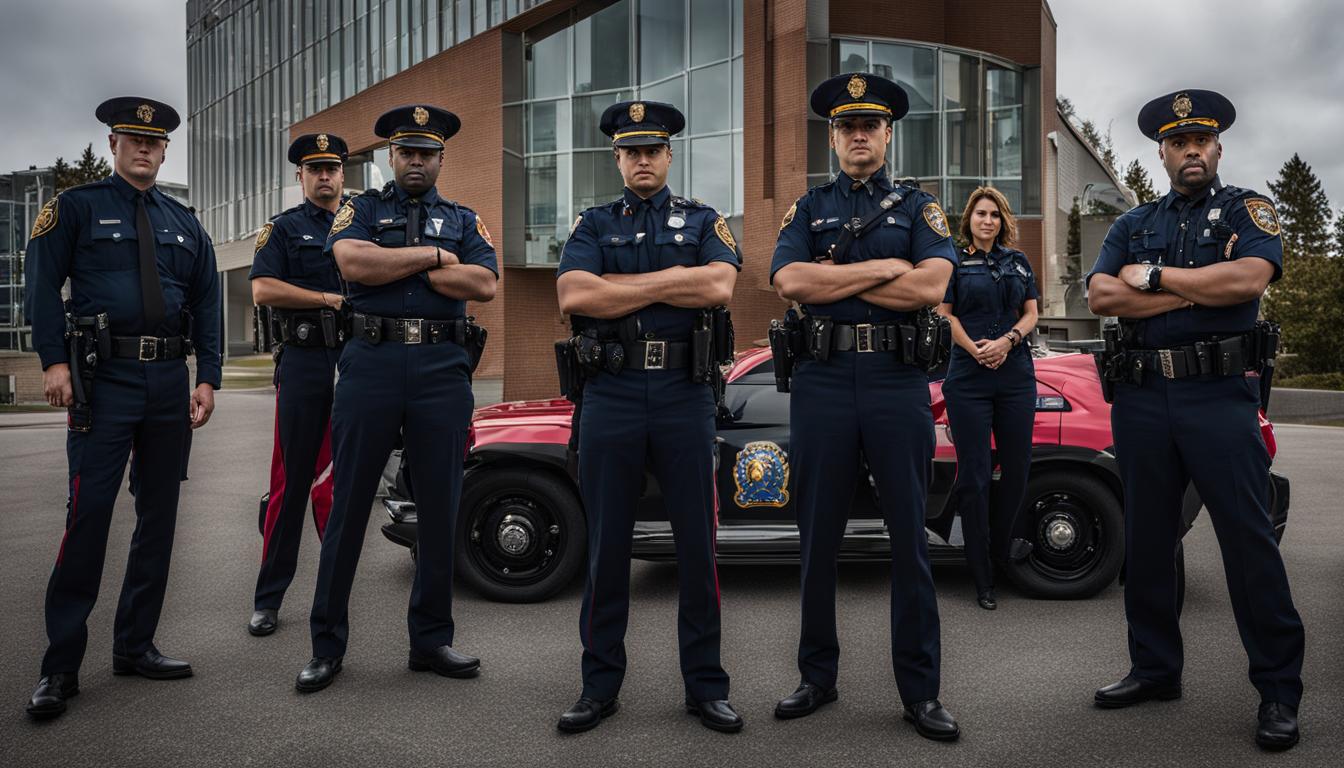
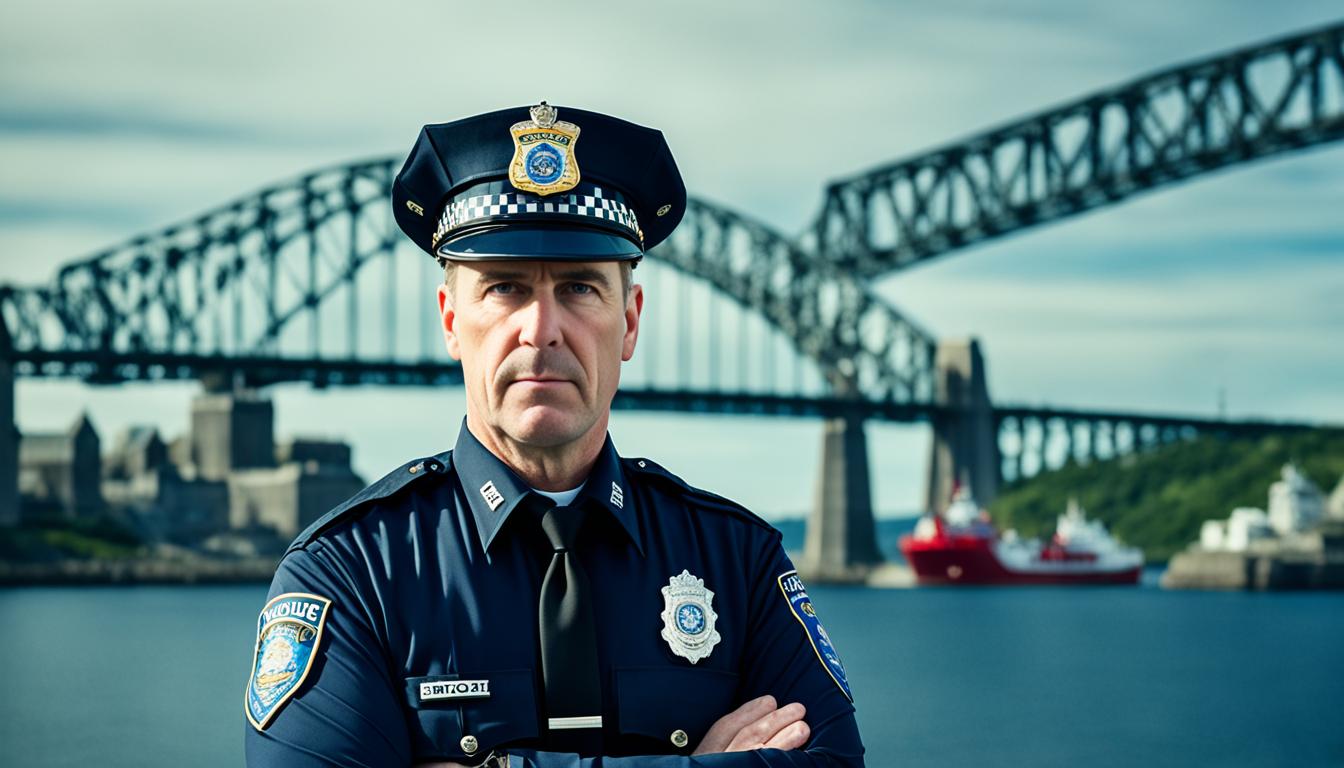

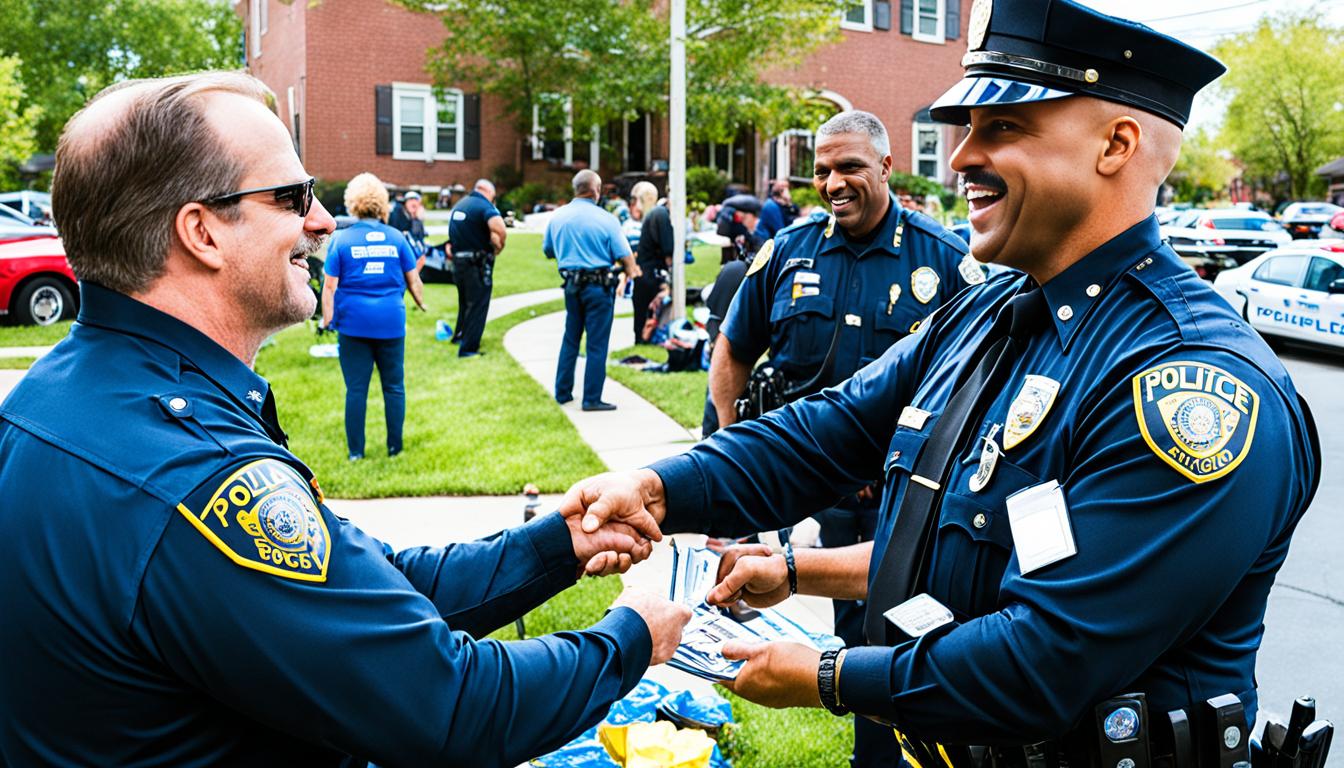












Post Comment